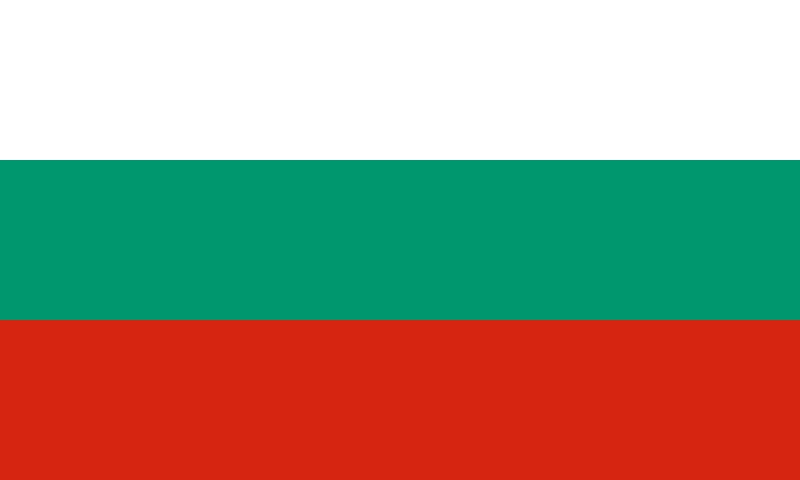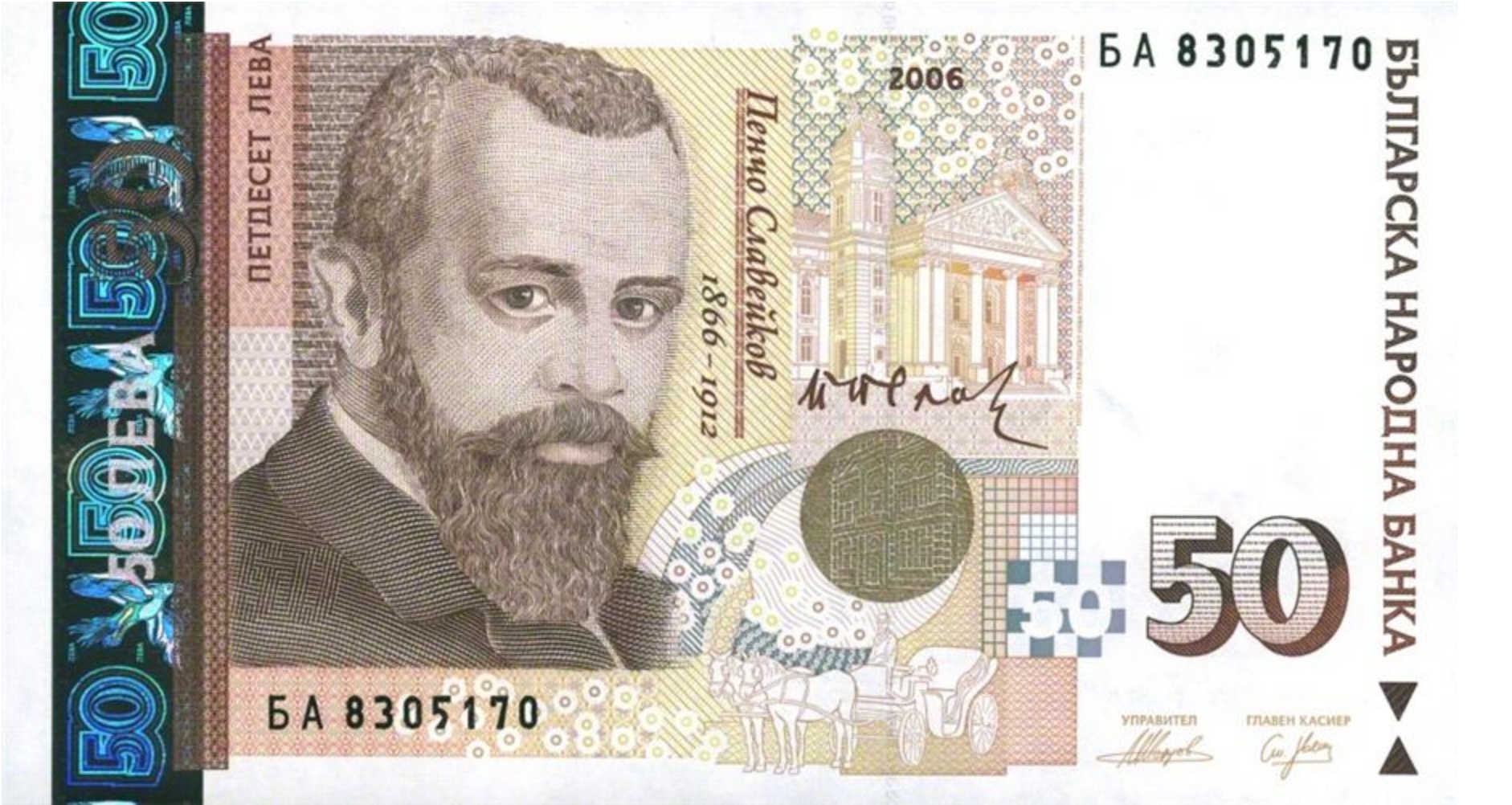Landschlacht, Switzerland, 21 October 2017
There are two distinct types of citizens in many countries: those who are native-born and those who are not.
As formerly the former and of late the last two decades the latter, this change of status as a Canadian living in Canada and then as a Canadian living in Asia and Europe has given me a certain perspective on questions of identity, immigration and integration.

I have been resident in Switzerland for six years now and in both the schools where I teach and in Starbucks where I serve coffee, I have noticed a difference in attitude between those who are Swiss and those who are not.
Generally those who are native born residing in their home and native land and have never lived abroad, they possess a mentality that what is known and regular about life at home must be the only right way of living.
For, in fairness, if they never developed a curiosity for life beyond their borders, if they simply believe all they have been told about other places, if when they do travel they seek only to find the comforts of home while they are away from home, then they have no reference to compare their lives with others.
Even in a day of global communications and swift international transportation possibilities, one can still encounter people who have never left home and never felt the desire to do so.
Home might not be Paradise, but it is known and understood.
It is difficult therefore for the home bodies to comprehend those who have left their native lands over there and have come here.
These strange strangers with their strange customs and thoughts and ideas that are unknown and difficult to understand oddly don´t understand or comprehend our sensible customs and thoughts and ideas over here.
How odd.
And it was these thoughts that occupied my mind during a visit to Brunate, Italy, this past summer.
There we were, my wife and I, exploring a country we barely knew or understood, our minds involuntarily comparing what we were seeing with our own past experiences, and our thoughts – (or at least my thoughts, for what man really knows what his wife is thinking?) – contemplating what it might be like to live here instead of back home, wondering what it must have been like to have been born and grown up here.
Many foreigners come back to Italy once they have had their first taste of the country.
This was my sixth visit.
Some foreigners come back more and more often.
Some stay a little longer, every time, and decide to live in Italy for a spell.
A few eventually discover to their dismay that they can never leave.
(This is my feeling regarding Switzerland:
I am quite content to live here, but I will be quite dismayed if I die here.)
Foreigners cannot help feeling there is something cowardly in the decision to live here forever.
Their sensations have been well described long ago by Nathaniel Hawthorne (The Scarlet Letter), a tourist in Rome, who watched himself gradually turning into an expatriate:

Above: American writer Nathaniel Hawthorne (1804 – 1864)
“The years, after all, have a kind of emptiness when we spend too many of them on a foreign shore.
We defer the reality of life, in such cases, until a future moment, when we shall again breathe our native air, but, by and by, there are no future moments.
Or, if we do return, we find that the native air has lost its invigorating quality, and that life has shifted its reality to the spot where we have deemed ourselves only temporary residents.
Thus, between two countries, we have none at all, or only that little space of either in which we finally lay down our discontented bones.”
The problems of a contemporary country are too disturbing and too difficult to understand.
Local political events seem mysterious and negligible.
We think that the adopted nation´s beautiful scenery – the stage setting of our own dream life – is horribly cluttered by millions of extra people ruining the place with their noise and activity, with their pretensions and complications.
How often do foreigners congregate together to bitterly complain in their beer:
“Wouldn´t Switzerland be better without the Swiss?
Wouldn´t Italy be wonderful without the Italians?”
Yet the country we live in isn´t Italy or Switzerland despite what passport or maps might say, but rather it is a mini-Italy or mini-Switzerland of the expatriate, made up of frequented corners of our communities where we consort comfortably mostly with people like ourselves.
Like Hawthorne, we discover we can no longer leave our self-created country that exists not on paper but only within our minds.
We can no longer face the harsher world where we came from, where we see things too clearly, where every word in a familar language has a precise meaning.
We have become addicted to the drug we have made of our adopted lands.
We cling, desperately, to our little lairs, looking out onto only that which we choose to see.
Far from the familiar sights and sounds of our youth, we have self-exiled ourselves for reasons we barely remember.
We are strangers in an even stranger land, aliens in an alien atmosphere which we never see as it is or quite understand.
The locals are not much more than props and supporting characters in the imaginary dramas of our lives.
We spend our golden years on some distant bench, waiting for death.
Many expatriates die every year far from their homelands and are buried hurriedly in the corner of a cemetery reserved for heathens or heretics, or their bodies are shipped home to unknown and indifferent relatives.
Many die without having really discovered why they chose to live in the land where they spent the last of their days or understanding the place where they expelled the last of themselves upon its soil.
My thoughts dark and gloomy are brought up by reading of Brunate´s most famous foreigner to die there far from his home, a foreigner who too was buried hurriedly in an isolated corner of the local cemetery, but unlike many was later shipped home to fame and glory.
Brunate, Italy, 2 August 2017
The Brunate-Como funicular – (built in 1894) – cable car chugs steeply upwards for about seven minutes alongside the gardens of wonderful 19th-century villas to a small village with a few bars and restaurants and great views of Como and the Lago di Como.

Above: The Como-Brunate Funicular, Brunate end
Brunate´s baroque Chiesa di Sant’ Andrea Apostolo with its pink exterior and giant bell peeking out of the bell tower is hard to miss.

San Maurizio, the nearest hamlet, can be reached by shuttle bus, but it is only a short walk away up winding narrow roads.
At the hotel that awaits you at the top, one sees a staircase leading to the lighthouse, built in 1927 to mark the centenary of Alessandro Volta´s death.
Above: Faro Volta, Brunate, Italy
(See Canada Slim and the Life Electric of this blog for more information about Alessandro Volta.)

Above: Italian scientist Alessandro Volta (1745 – 1827)
As I look down at Como´s castrum – the rectangle that made up the ancient Roman city plan – and view the basin of the Lago with its numerous villas and the distant plains that lead to Milano, my mind does not fully register the words my wife is speaking nor do my eyes really see the vista below.
My thoughts remain in Brunate.
“Where did he die?”, I wonder.
Pencho Petkov Slaveykov (1866 – 1912) was a noted Bulgarian Poet and one of the participants in the Misal (“thought”) circle.
Above: Pencho Slaveykov
He was the youngest son of the writer Petko Slaveykov.
Above: The flag of Bulgaria
Born in Tryavna – (a town full of tree-lined and cobblestoned streets and quaint stone bridges) – during the Bulgarian National Revival under Ottoman (Turkish) rule, Pencho was educated there as well as in Stara Zagora – (Bulgaria´s 6th largest city containing Roman mosaics and neolithic dwellings) – and Plovdiv – (the economic centre of Bulgaria, a modern thriving city built around a majestic old town crammed with 18th/19th century houses and boasting a magnificent Roman amphitheatre and remarkable Roman stadium).

Above: Tryavna, Bulgaria
Above: Stara Zagora, Bulgaria, 1930s

Above: Present day Plovdiv, Bulgaria
(I am somewhat charmed by how the Revival was supposedly sparked.

Above: Paisii Hilendarski, also known as Paisius of Hilendar or Saint Paisiy of Hiledar, “the Father of the Bulgarian National Revival” (1722-1773)
A monk, known as Paisii Hilendarski, who wrote the first complete history of the Slav-Bulgarian people in 1762, travelled across Bulgaria reading the history to illiterate people and igniting a long-forgotten national identity.)
After an accident in January 1884, when, at the age of 18, Pencho fell asleep on a bench while it was snowing.
This he developed pneumonia and despite lengthy treatments in Plovdiv, Sofia, Leipzig, Berlin and Paris, this illness left him with serious impairments:
He could not walk without a cane, and he wrote and spoke with great difficulty.
He suffered from melancholic episodes, which forced him to find a cure in literature and to harden his will.
Pencho´s works include poems and intimate lyrics.
He collaborated with a number of magazines and spent part of his life in Leipzig studying philosophy, where he became acquainted with German literature, thought and art.
After returning to Bulgaria in 1898, Pencho joined the Misal circle with a number of other notable writers.
He became an assistant director and later director of the National Library of Bulgaria (1901 – 1911) and a director of the Bulgarian National Theatre (1908 – 1909).

Above: The St. Cyril and St. Methodius National Library, Sofia, Bulgaria

Above: The Ivan Vazov National Theatre, Sofia, Bulgaria, 1907
In 1903, he began a relationship with poetess Mara Belcheva which lasted until his death in 1912.

Above: Mara Belcheva (1868 – 1937)
They never married but he always referred to her as his “wife” throughout his writings.
He was sent on missions to Moscow, Istanbul, Athens, Napoli, Sorrento and Roma, where he studied the development of libraries.
He was fired from the post of director of the National Library because of political misunderstandings with the Minister of Culture Stefan Bobchev on 10 July 1911.
Pencho left Bulgaria and lived in Zürich, Luzern, Göschenen, Andermatt, Lugano and other places in Switzerland before arriving in Italy at the end of November 1911.
He remained in Roma for three months, but set off in May 1912 to travel to Firenze, the Engadin and the mountains looking for a cure.
At the end of the month Pencho arrived in the small town of Brunate, where he died on 10 June 1912.

Above: Pencho Slaveykov Memorial, Como
Pencho was buried in Brunate´s cemetery and his remains were moved to Bulgaria in 1921.
Due to his death, the suggestion by Swedish Professor Al Jensen that Pencho be awarded the Nobel Prize for Literature was not considered by the Nobel Prize committee.
Pencho was portrayed on the Bulgarian 50 levs banknote issued in 1999.

Above: Pencho Slaveykov (left sculpture) and his father Petko (right sculpture), Slaveykov Square, Sofia, Bulgaria
I wondered:
Did Pencho die on a bench in Brunate?
It would have been fittingly ironic.
Were his last thoughts of Mara?
Did Brunate offer Pencho a tranquil withdrawl from the rude turmoil of life?
Did he feel that in his last days that Brunate was a refuge, a sanctuary?
Was his a death of dignity?
Did he find courtesy and sympathy in his last days?
Were there thoughts that comforted him?
I wondered.
As Ute, my wife, impatiently waited for me to take my photographs of Brunate, I wondered if she could guess that my thoughts were not of the warm breeze and the baking sun and her pleasant company, but of dismal destinies of distant benches and cold stone tombs and facing death´s final embrace alone.
I did not speak my thoughts, for this was a vacation, not a visit to a hospice.
I hope one day to see that distant bench in Sofia in far off Bulgaria.
I hope to uncork my flask of wine on that distant bench and silently tell him that someone remembered him.
I hope.
Sources: Wikipedia / Google / Lonely Planet Eastern Europe / Lonely Planet Italy / Luigi Barzini, The Italians





